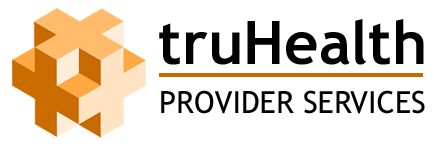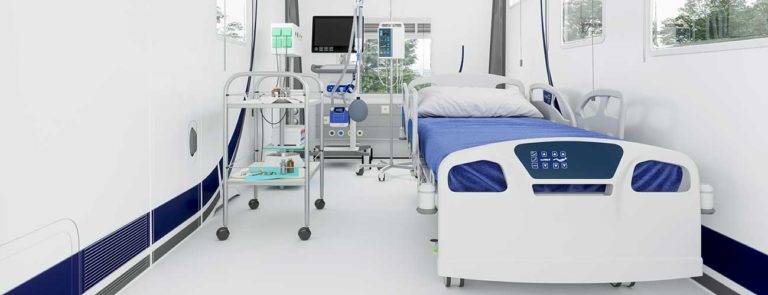Mobile technology has enormous promise for improving illness prevention, diagnosis, and management. For this reason, more and more practices are looking to include apps in their operational software systems. Both patients and healthcare professionals can benefit from these mobile health solutions. Consider some primary advantages of mobile technology in medical practices.
Improved Communication With Patients
The more practitioners connect with patients, the better. Mobile technology can open many doors in this area. There are mobile apps that:
- Allow patients to schedule their appointments online
- Have virtual consultations
- Use health monitoring devices to keep physicians and staff aware of critical vital statistics in real-time.
- Provide an option for online messaging
Patients may now access critical healthcare solutions, professional insights, and educational resources via mobile health applications. That level of patient education is challenging to achieve without these apps.
Treatment Compliance Monitoring
It becomes difficult to control patient compliance once they leave the office or hospital. Physicians may not even know if a patient picks up medication from the pharmacy. Effective treatment and improved patient outcomes rely on patients following the care plan.
The right mobile technology solutions enhance this by providing patients with features like automatic medication and refill reminders and instructional material, which increases the likelihood that they will take their prescriptions correctly.
These programs improve medication reconciliation, as well. Often patients don’t know or can’t pronounce the medications they take. Mobile applications allow clinicians to monitor the medication trail from the pharmacy to the next refill.
Enhanced Point-of-Care Coordination
Doctors and healthcare staff can use mobile apps to better communicate with patients about diagnosis, treatment, and follow-up procedures. They can also check to see if the patient comprehended the instructions correctly.
This point-of-care coordination could make a significant difference in patient recovery and reducing re-admissions.
Essential Family Education
Using mobile communication applications, providers may even train family members about various aspects of medical care. Healthcare practitioners are taking a more active part in precisely steering their patients by using mobile devices. Mobile technology can significantly improve the quality of care and family involvement.
Better Medical Services
Mobile devices can help physicians and staff record patient information with fewer mistakes. They allow for accurate and descriptive notetaking.
These gadgets improve access to the most recent medication information, allowing for more informed judgments and fewer prescription errors. Automated checks on prescriptions and care plans using mobile apps will improve patient treatment and outcomes.
Mobile apps also mean that practitioners now have all of their patient’s information at their fingertips, allowing them to spend less time providing the same quality of care. Overall, the usage of mobile devices in healthcare has increased physician performance and enhanced patient care.
This just scratches the surface of the potential benefits practices, and patients can experience using mobile apps.





